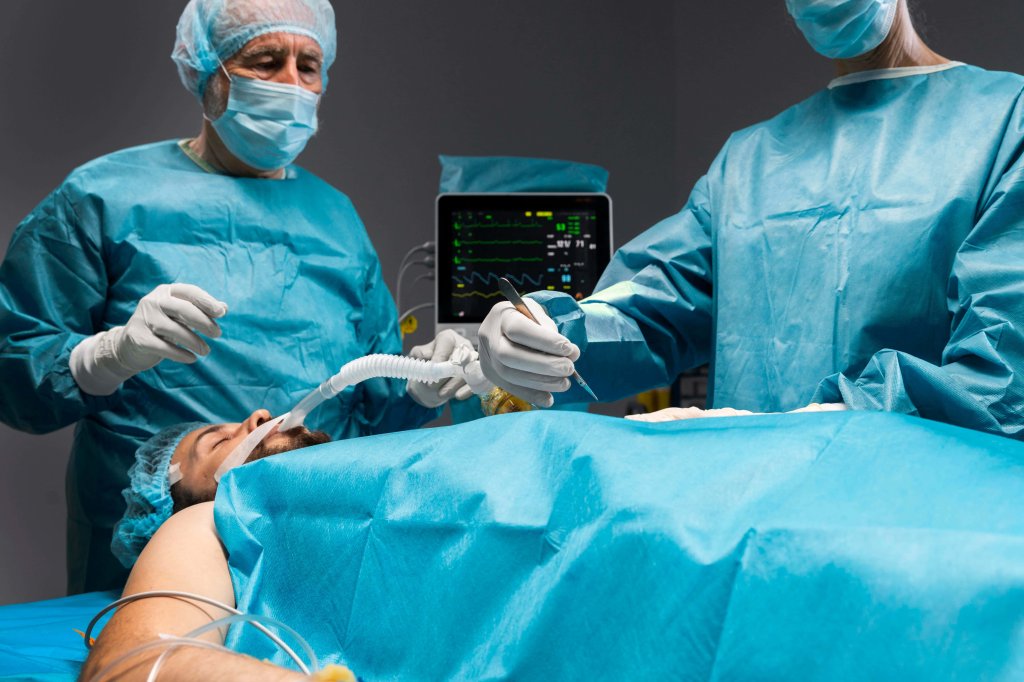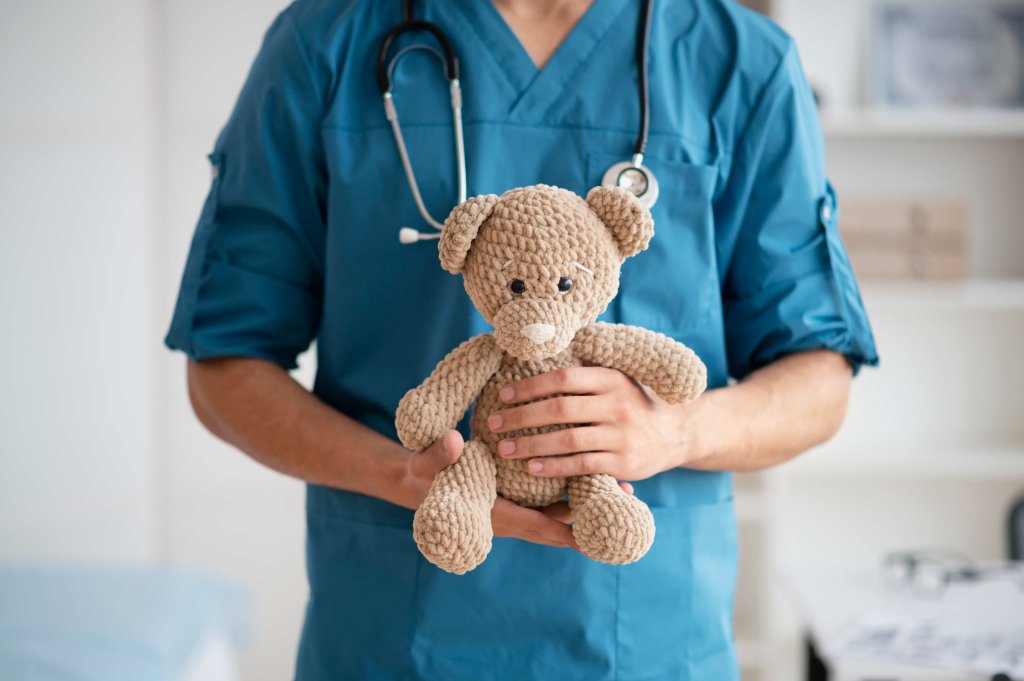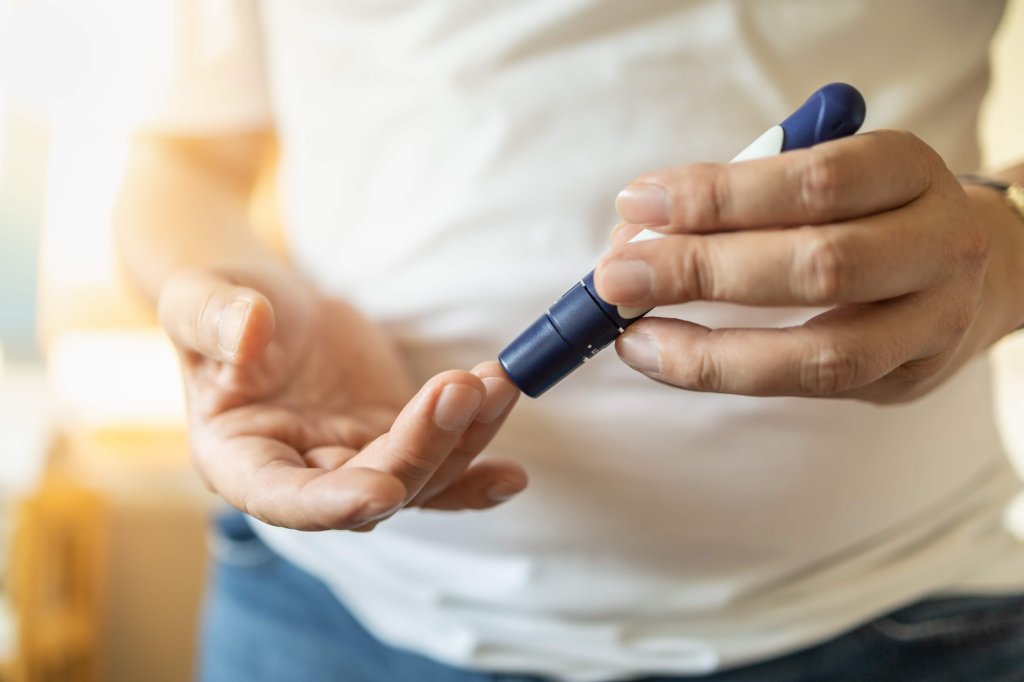Recovering from hernia surgery requires careful attention to various aspects to ensure a smooth and healthy recovery. Understanding what to focus on after hernia surgery will help you overcome potential challenges and enhance the success of the surgery. In this article, we will discuss the steps you need to take to speed up your recovery and prevent complications.
Post-Surgery Rest and Recovery Process
The first and most important step after hernia surgery is to ensure adequate rest. Your body needs time to recover immediately after surgery. Key points to consider during the rest period:
Bed Rest: Bed rest is recommended for the first few days after surgery. This helps your body to begin healing and aids in the recovery process at the surgical site.
Movement Restrictions: Avoid heavy lifting and sudden movements to prevent strain on the surgical area. This helps avoid reopening stitches or causing issues at the wound site.
Be Careful While Lying Down: Be mindful of not putting pressure on the surgical area when lying down or getting up. Move slowly and carefully.
Pain Management
It is normal to experience some pain and discomfort after hernia surgery. Managing this pain can help you have a more comfortable recovery. Consider the following for pain management:
Painkillers: Take the painkillers prescribed by your doctor regularly. These medications help to alleviate pain at the surgical site.
Cold Compress: Applying a cold compress to the surgical area can reduce swelling and pain. However, consult your doctor before doing this.
Rest Breaks: Prolonged sitting or standing can create pressure on the surgical area. Take frequent rest breaks to relieve your body.
Nutrition and Fluid Intake
Proper nutrition after surgery is essential for speeding up your recovery. Focus on the following regarding nutrition and fluid intake:
Light and Nutritious Foods: In the first few days, consume light and easily digestible foods. Soups, yogurt, and boiled vegetables provide energy without straining your stomach.
High-Fiber Foods: Constipation is a common issue after surgery. Eating fiber-rich foods can help ease digestion.
Drink Plenty of Water: Keep your body hydrated and support your recovery by drinking enough water. This also helps prevent constipation.
Wound Care
Proper wound care after surgery reduces the risk of infection and speeds up the healing process. Pay attention to the following for wound care:
Mind the Stitches: Keep your stitches clean and dry. Follow your doctor's instructions for dressing the wound to prevent infection.
Bathing: It is generally advised to avoid bathing for a few days after surgery. Follow your doctor's recommendations until the stitches heal.
Watch for Infection Signs: Be aware of infection symptoms such as redness, swelling, pus, or excessive pain. If you notice any of these, contact your doctor immediately.
Physical Activity and Exercise
Gradually returning to physical activity and exercise after hernia surgery is important. However, do so cautiously and follow your doctor’s advice. Consider the following when resuming physical activity:
Start Slowly: Begin with low-impact activities like light walking during the first few weeks. This promotes circulation and aids recovery.
Avoid Heavy Lifting: Avoid heavy lifting for several weeks after surgery. This can damage the hernia area and delay recovery.
Physical Therapy: If recommended by your doctor, attend physical therapy sessions to strengthen your muscles and help you return to normal activities.
Medication Use
Using the medications prescribed by your doctor regularly after hernia surgery positively affects your recovery. Pay attention to the following regarding medication use:
Antibiotics: If your doctor has prescribed antibiotics, take them regularly to reduce the risk of infection.
Painkillers: Use painkillers as recommended by your doctor. Overuse can lead to side effects.
Side Effects of Medications: Learn about the possible side effects of the medications you are taking and consult your doctor if they occur.
Psychological Support
The recovery process after hernia surgery is not only physical but also psychological. Keeping your spirits high after surgery can speed up your recovery. Consider the following for psychological support:
Be Patient: Recovery takes time. It is important to be patient and give your body the time it needs.
Seek Support: Getting support from family members and friends can help you stay positive during recovery.
Stress Management: Stress can negatively affect recovery. Try managing stress with meditation, deep breathing exercises, and light activities.
Knowing what to focus on after hernia surgery is crucial for a healthy and smooth recovery. Being mindful of rest, pain management, nutrition, wound care, and physical activity can speed up your recovery and help you avoid complications. Remember, closely following your doctor’s advice plays a significant role in regaining your health. Wishing you a healthy and speedy recovery!




